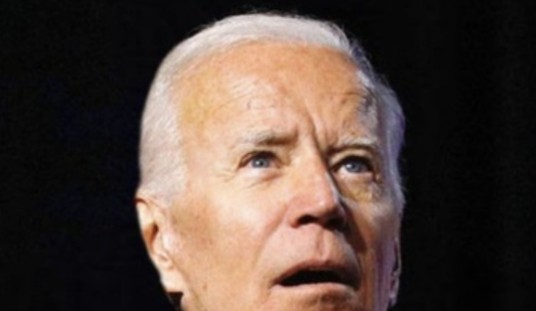Ah, for the good ole’ days. Do you remember way back when Americans, unsatisfied with the current state of affairs, would just grab the kids, the dog, a couple of cans of gasoline, a box of matches and just go light up the town? Good times. Over at The Atlantic, Emily Badger asks the same question.
America hasn’t had a rash of mass urban violence in a generation. In fact, the scene of burning inner cities is commonly linked with a single, now distant moment in U.S. history, at the height of racial unrest in the 1960s.
Urban riots, though, have periodically broken out around the world since then. Athens is on fire again. London combusted last summer, right around the same time violent protesters assembled in the streets of manufacturing cities in southern China. And then there was Paris in 2005. In many ways, it’s curious this hasn’t happened more recently in U.S. cities (or with the Occupy movement for that matter).
“Alienation, youth unemployment, distrust of police,” says University of Pennsylvania historian Michael Katz, “these things are surely as prevalent in the U.S. as they were in France.”
If anything, the conditions that fuel urban violence – income inequality, poverty, joblessness – are as disheartening in America as ever, in the wake of a deep recession.
“So why,” Katz asks, “had collective violence more or less disappeared from the streets of American cities?”
Katz is discussing his new book, Why don’t American cities burn? I suppose it’s just me, but that seems like a rather odd title and premise for a book. But then again – particularly given the nature of the OWS protests this past year, it’s clearly one worth looking at.
Katz thinks there’s both bad and good news on this front. On the negative side, he feels that conditions are ripe for similar unrest. But the mitigating factor standing between us and raging urban wildfires may be the fundamentally open nature of America. Sort of.
Previously marginalized groups that once felt they had no other outlet now have more voices in the political process. White flight ceded whole cities – and their governments – to African Americans in the U.S. And this left neighborhood boundaries less contentious, Katz argues, eliminating one of the causes of urban friction. In the 1960s, by contrast, large numbers of African Americans were moving into the city at a time when whites had not yet left.
Am I the only one who thinks that comes off as sounding a bit… errr… raaaaacist? Oh, wait. We’re not supposed to say that. Sorry.
Actually, our cities do still burn on occasion. Just stop by Detroit after the Pistons win. But the true aspect of American society which prevents this from going all Greece Fire on us – at least so far – is a mutual societal understanding. The masses can only be governed by the elected rulers as long as the masses continue to give their consent. Citizens outnumber the police in any given area by a massive margin. Civilians outnumber the military by more than 300 to one.
It’s a rule as old as the advent of “civilized” societies. The government can only enforce order with the consent of the governed. Something to ponder tonight.








Join the conversation as a VIP Member